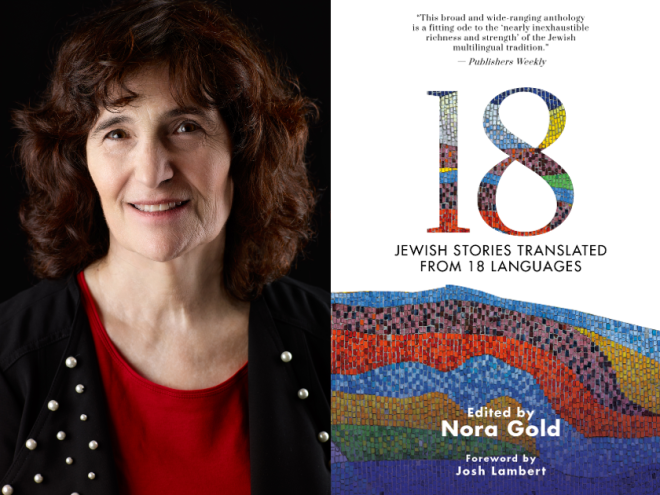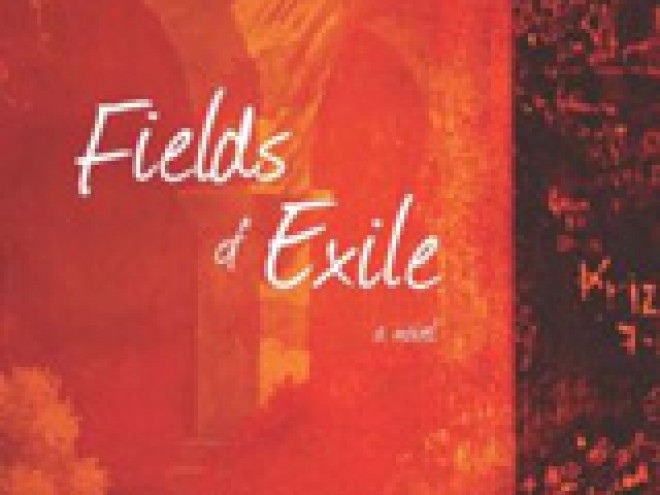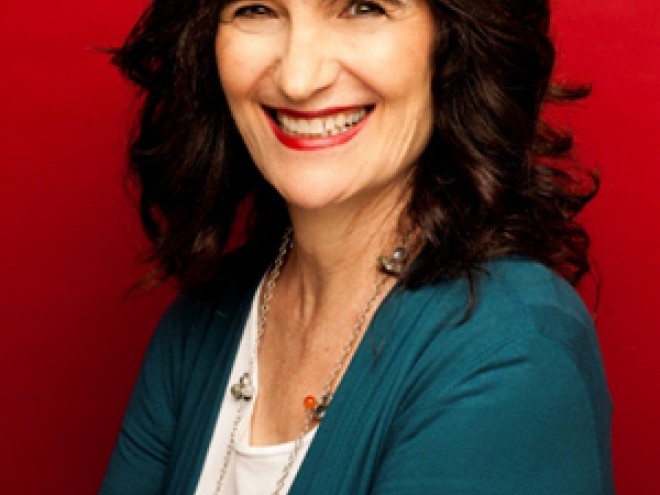Meet Judith Gallanter. She’s dating a man who doesn’t fit her idea of the perfect husband, she’s reluctantly studying for a Master’s degree in social work in Canada — and she desperately misses her life in Israel, where she had been living for ten years since making aliyah.
Judith is motivated by the certainties she believes in, especially the conviction that she belongs in Israel. Her faith in Israel’s virtues becomes her compass as she navigates her way on a campus rife with anti-Israel sentiment, which drives the plot and calls attention to the current state of academic discourse — especially on the subject of “Israeli apartheid.” But her inner conflicts are harder for her to face.
If Judith’s certainties seem admirable at first, they become more questionable in light of how she’s actually been living. She romanticizes her decade in Israel, yet she never had a real career there, and her most serious relationship was a sexually intense affair with a married man. Meanwhile, in Canada she won’t commit to a smart, thoughtful, devoted, understanding, successful lawyer whose only flaw appears to be his preference to stay in Ontario. For Judith, that’s a cardinal offense against her loyalty to Israel.
At school she sees faculty members and fellow students in similarly black-and-white terms: one day they’re courageous, perceptive, caring friends or allies; the next day they do something that makes them unprincipled or superficial or opportunistic in Judith’s eyes. You can’t help but wonder if Judith’s extreme reactions to people might not be as much an obstacle for her as the political extremism of her antagonists. Even her concessions to circumstance at the end feel provisional, reluctant, and unfulfilling. If she doesn’t learn to be more forgiving and less categorical, she may never find happiness.
Fields of Exile’s power comes from Nora Gold’s deep feeling for the places she writes about, her sympathy with the human condition, and her reckoning with the accommodations that life demands. Anyone who needs to balance Israel with the Diaspora, or indeed any ideal with the life they actually live, will particularly enjoy this satisfying, rewarding novel.
Read Nora Gold’s Visiting Scribe Posts
Leah Goldberg, Me, and the Search for a Title for my New Book
Bob Goldfarb is President Emeritus of Jewish Creativity International.





